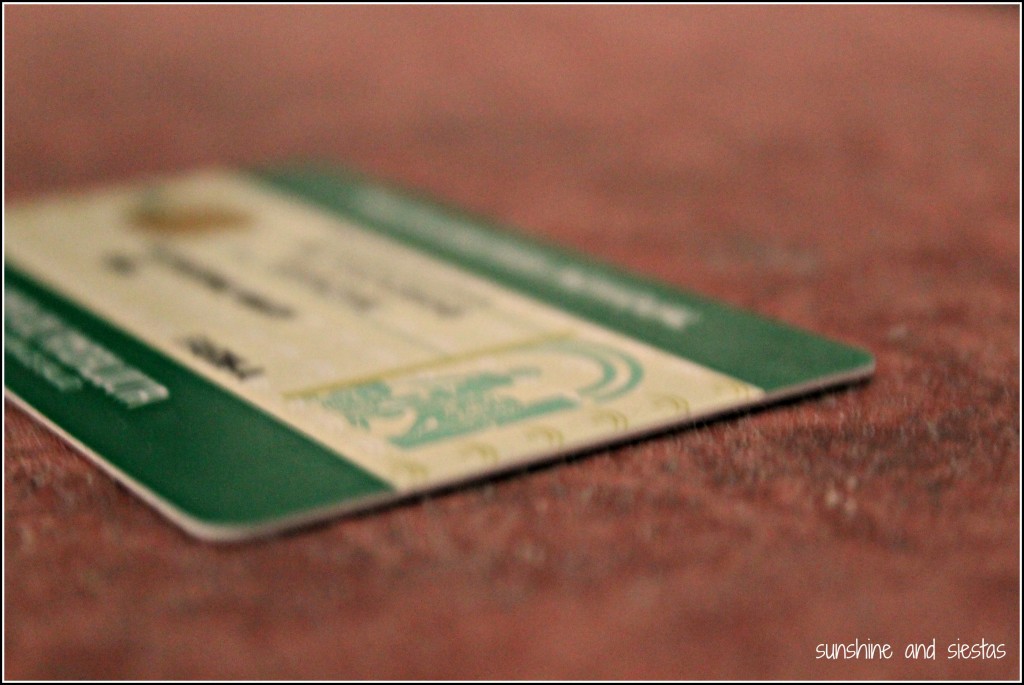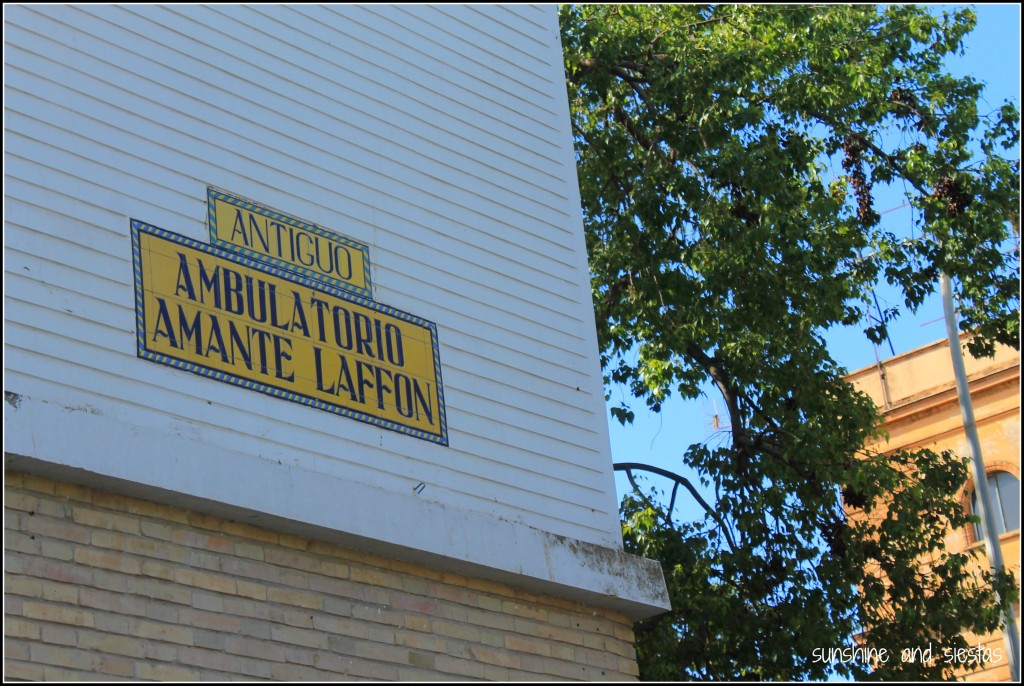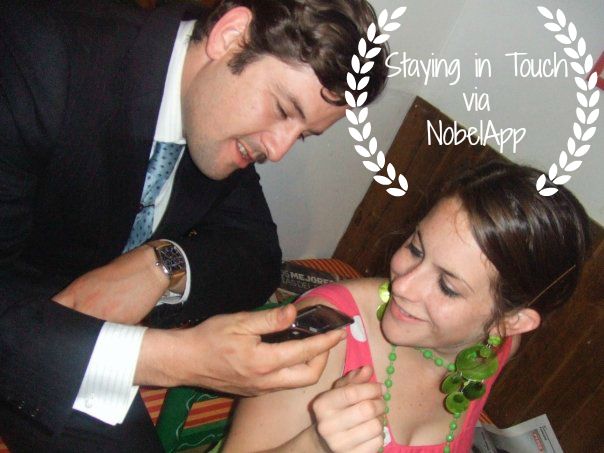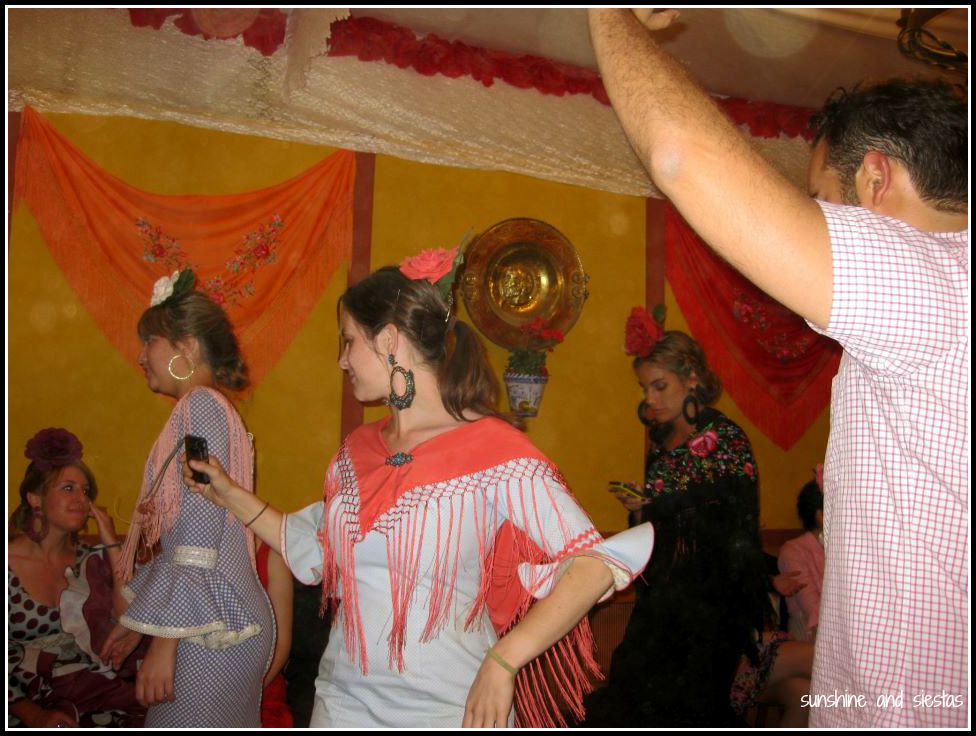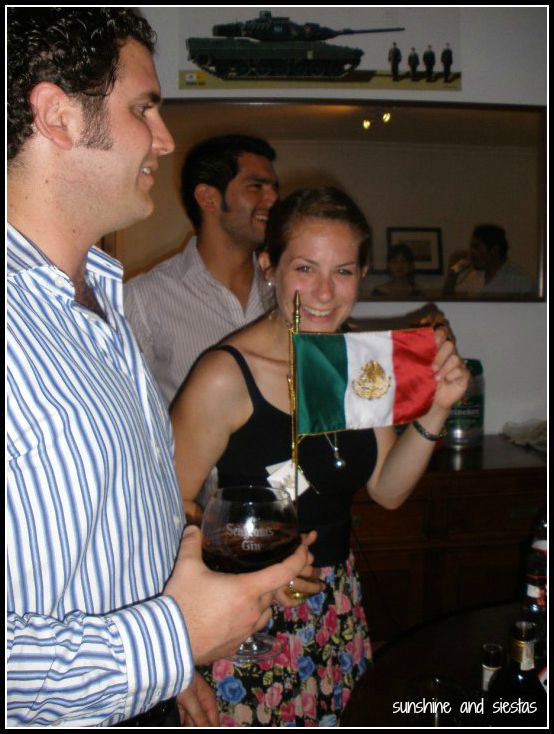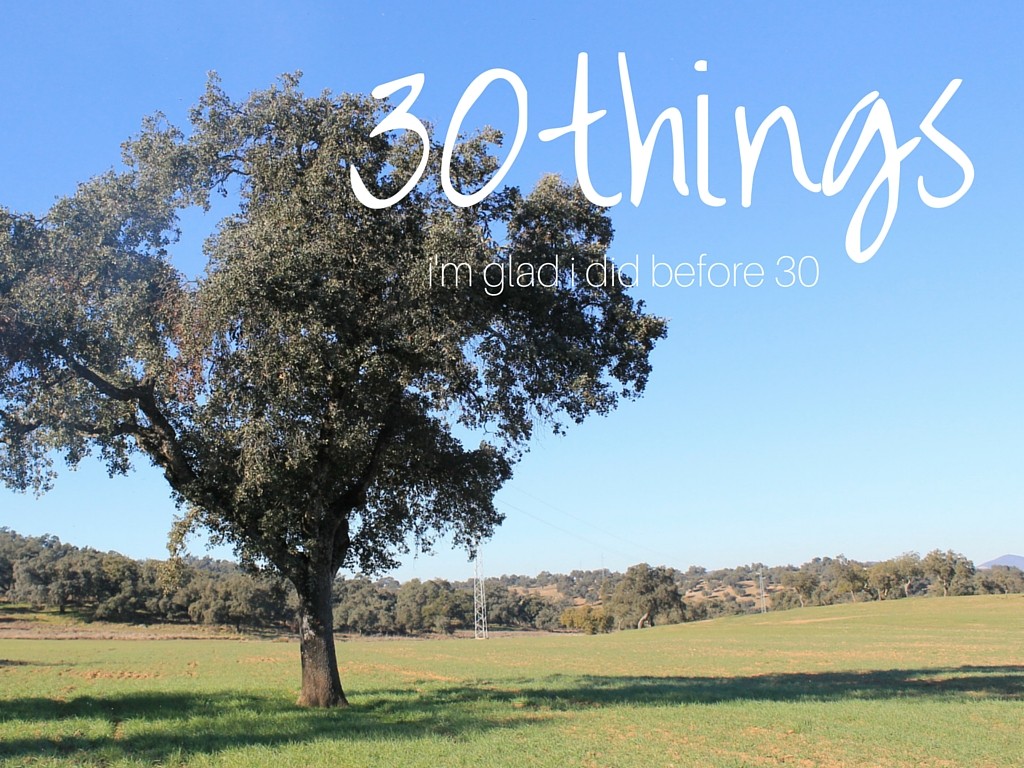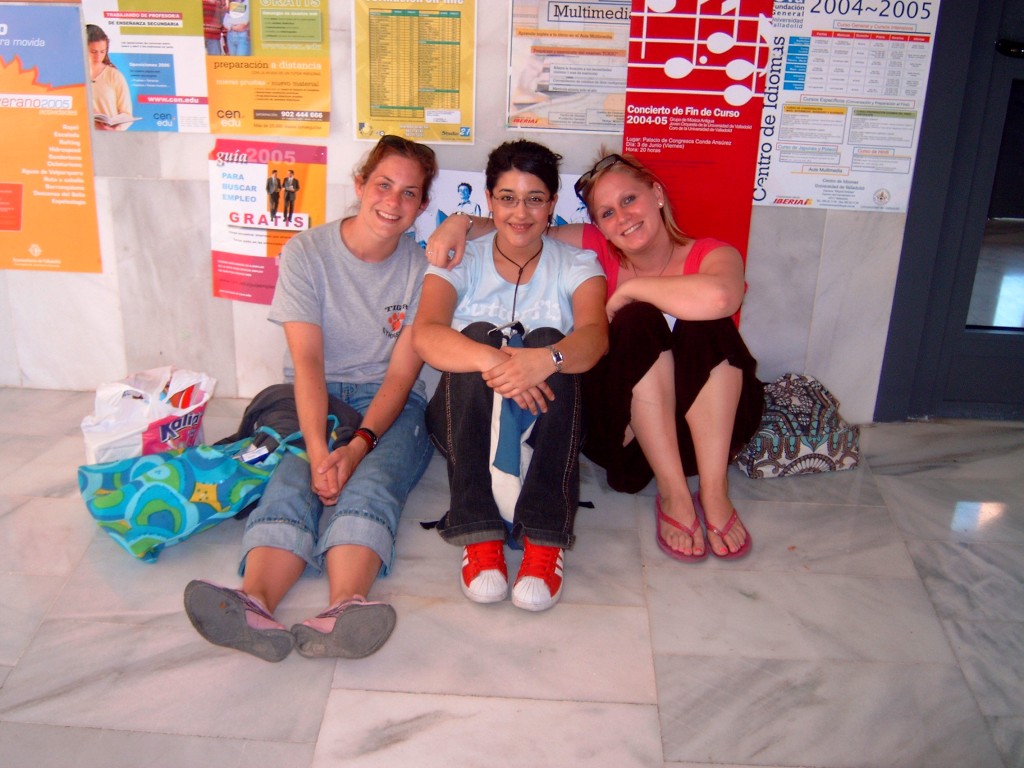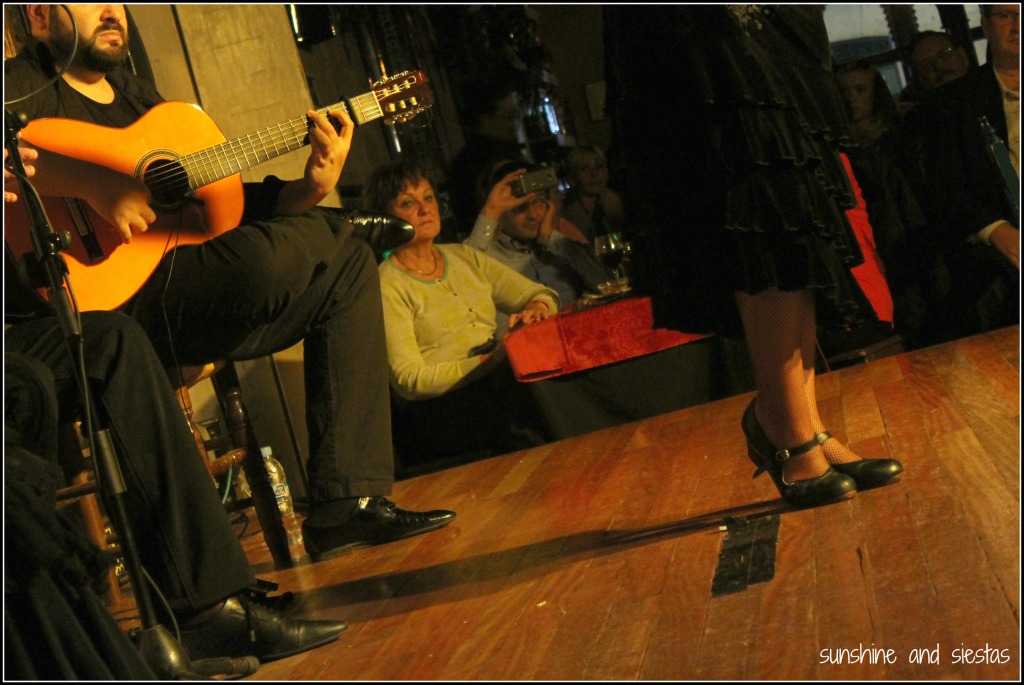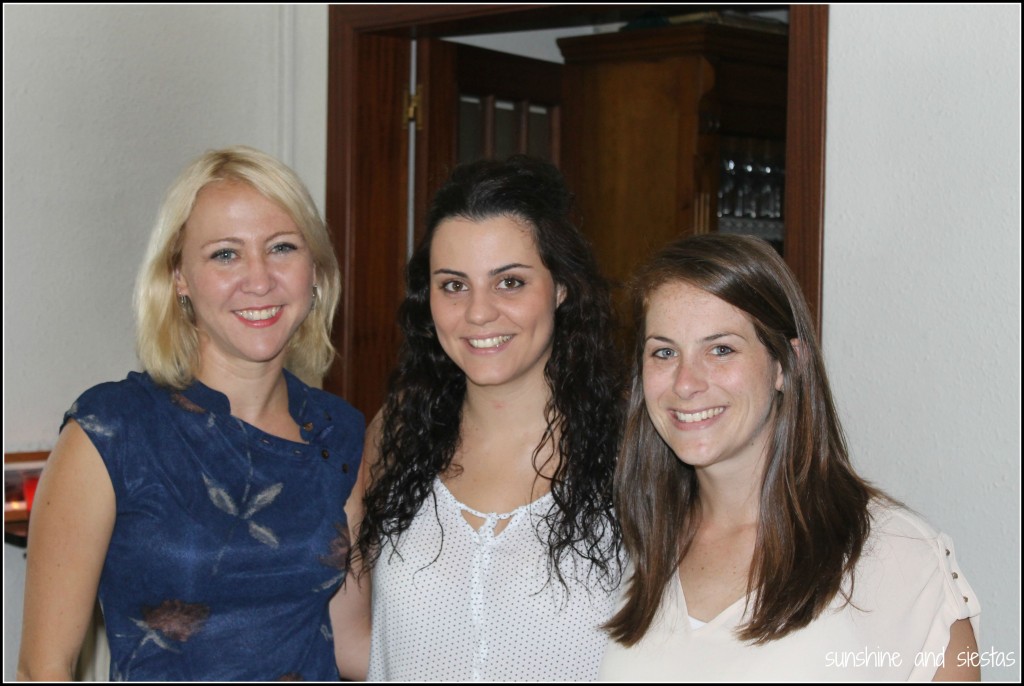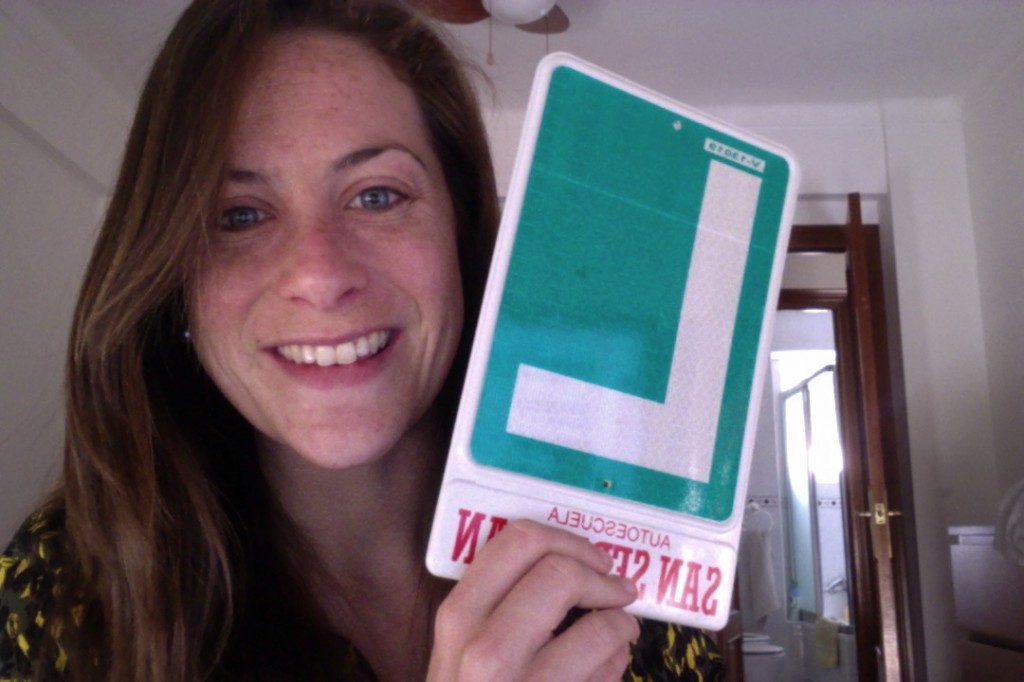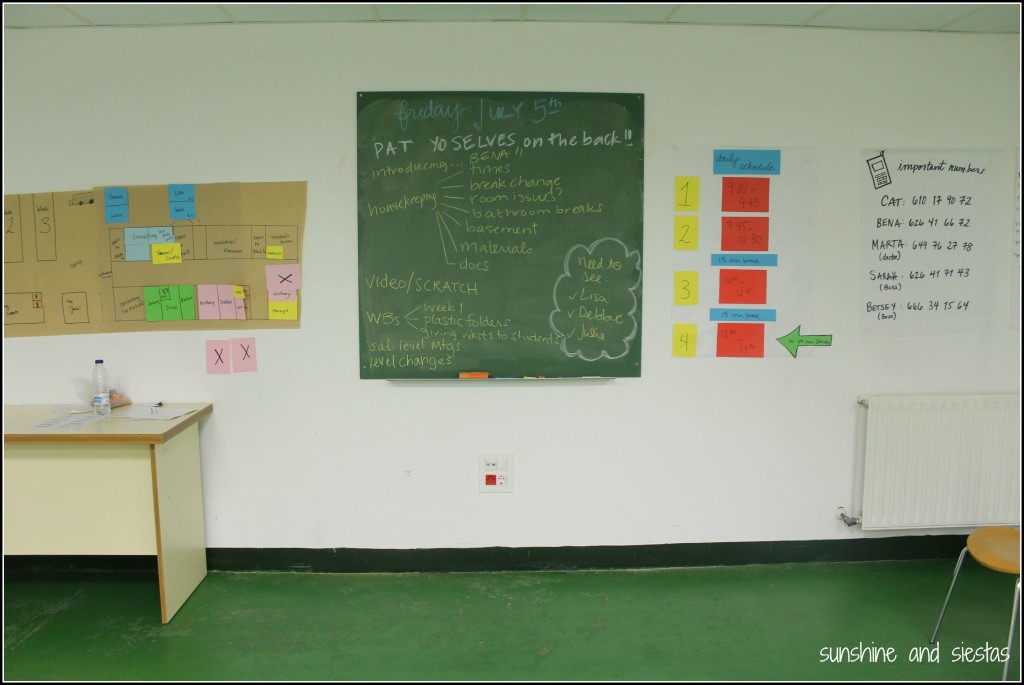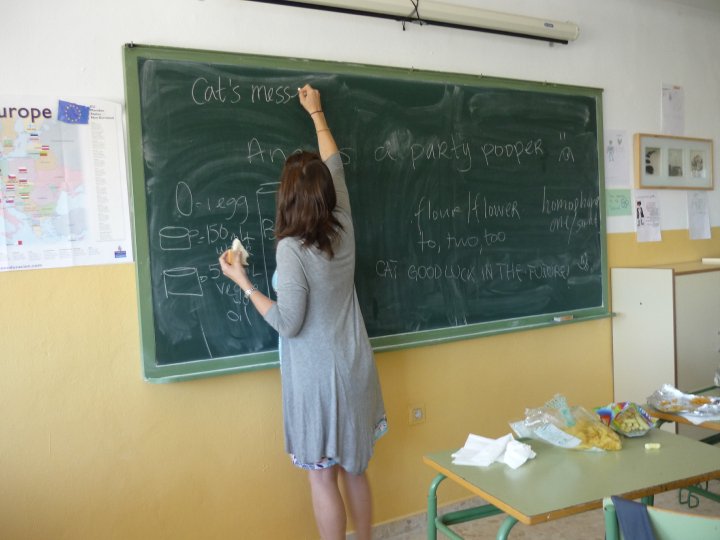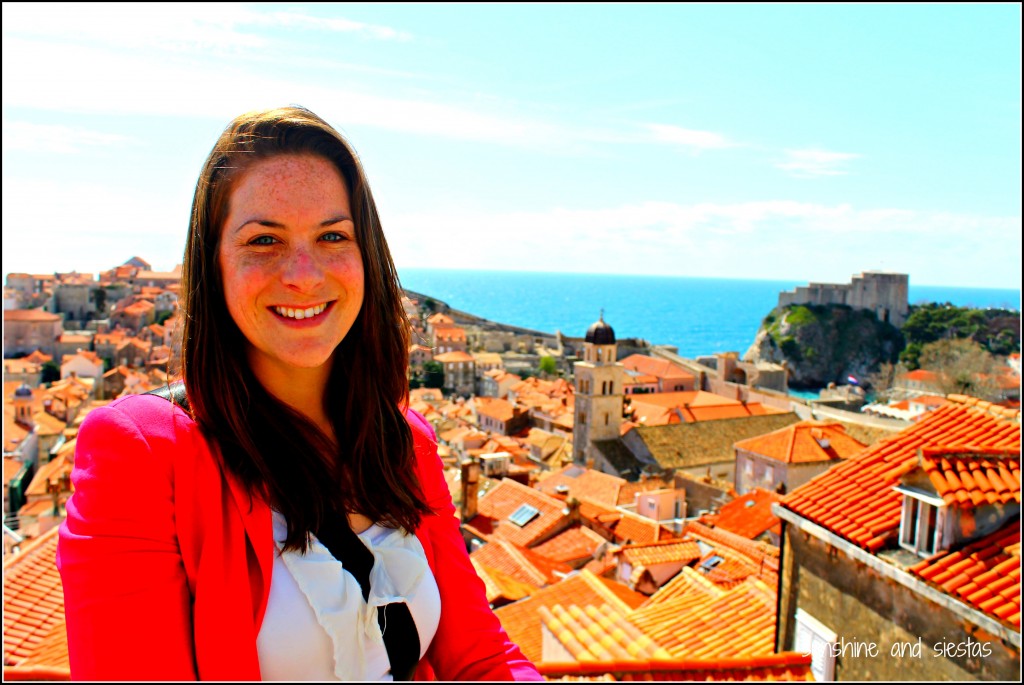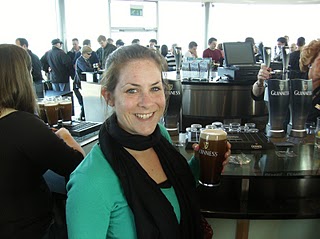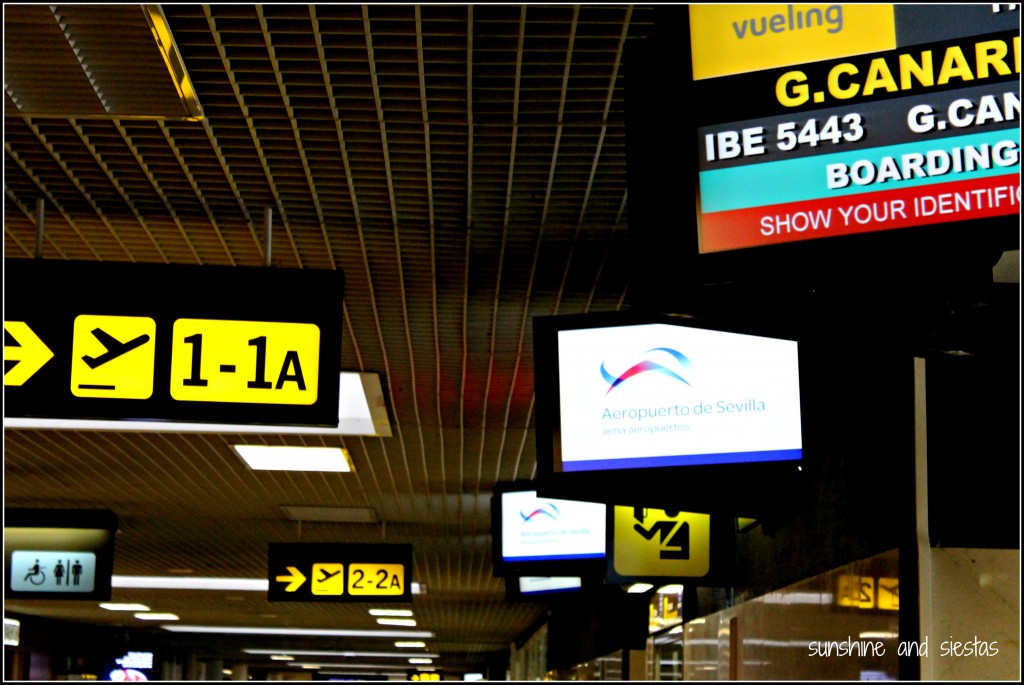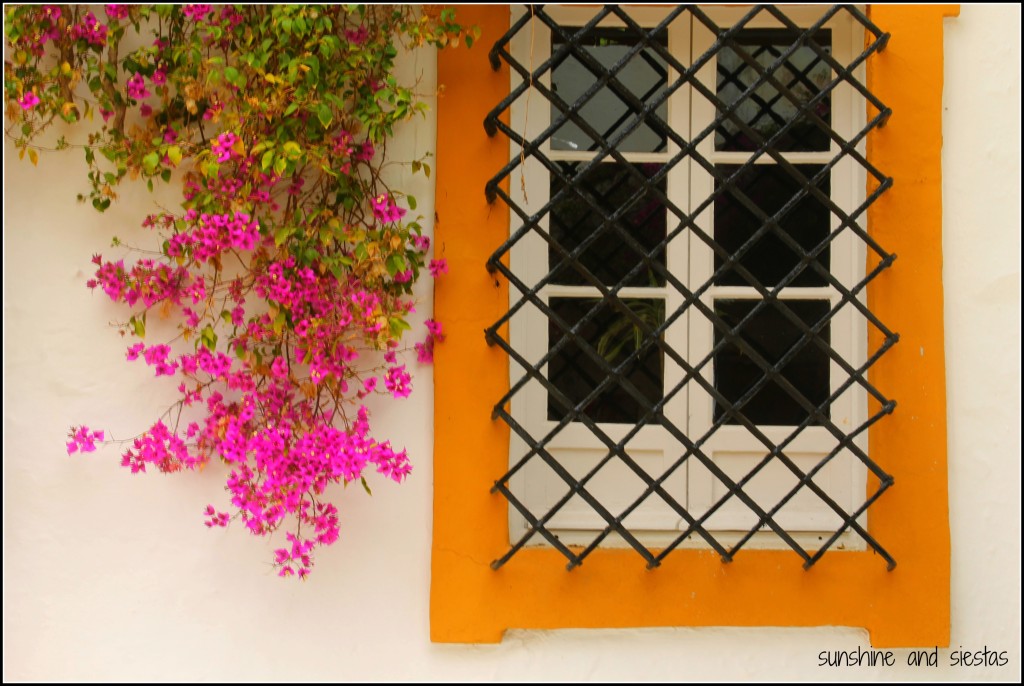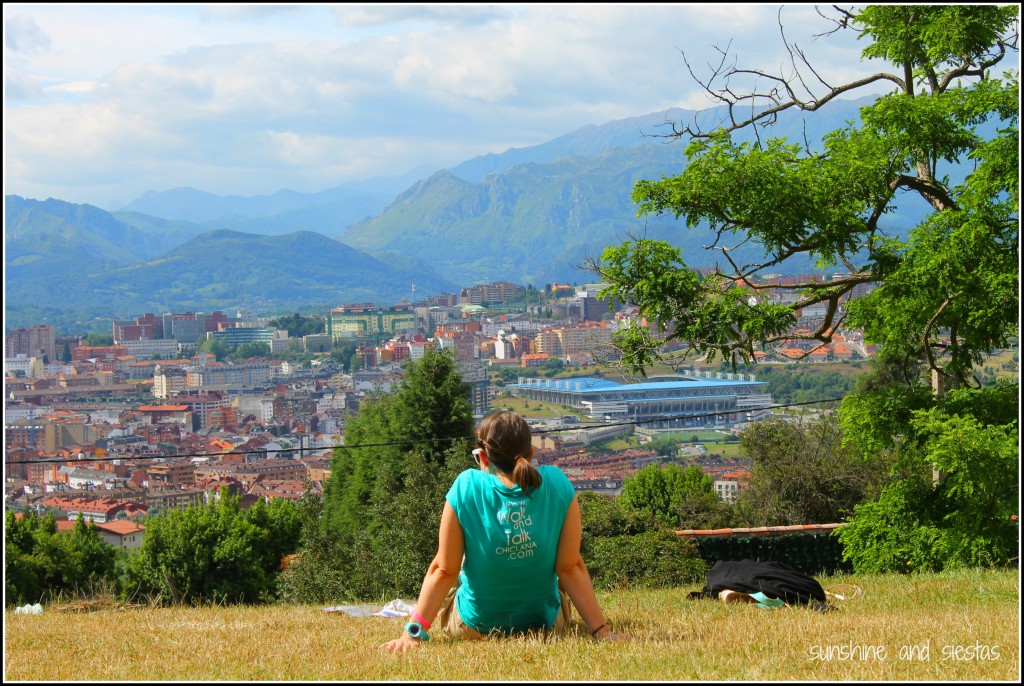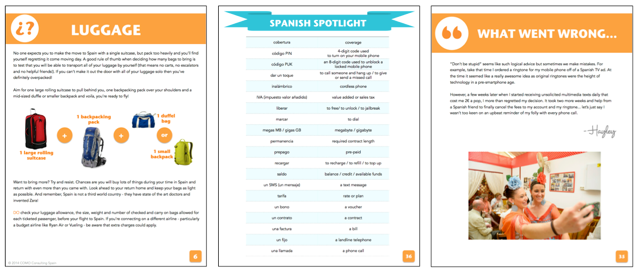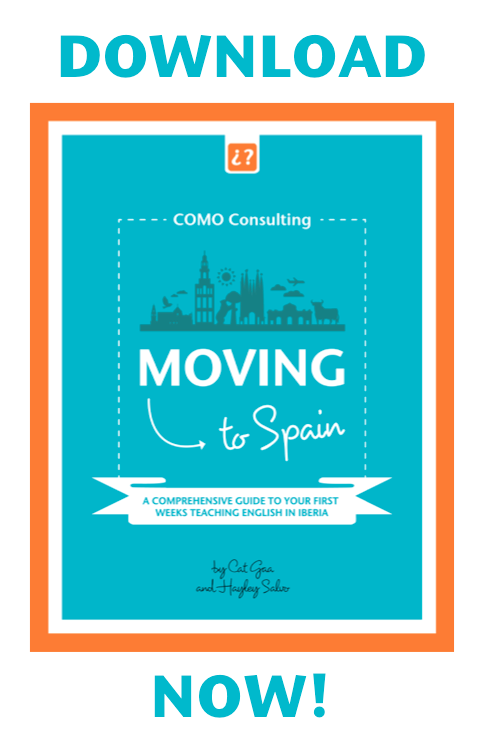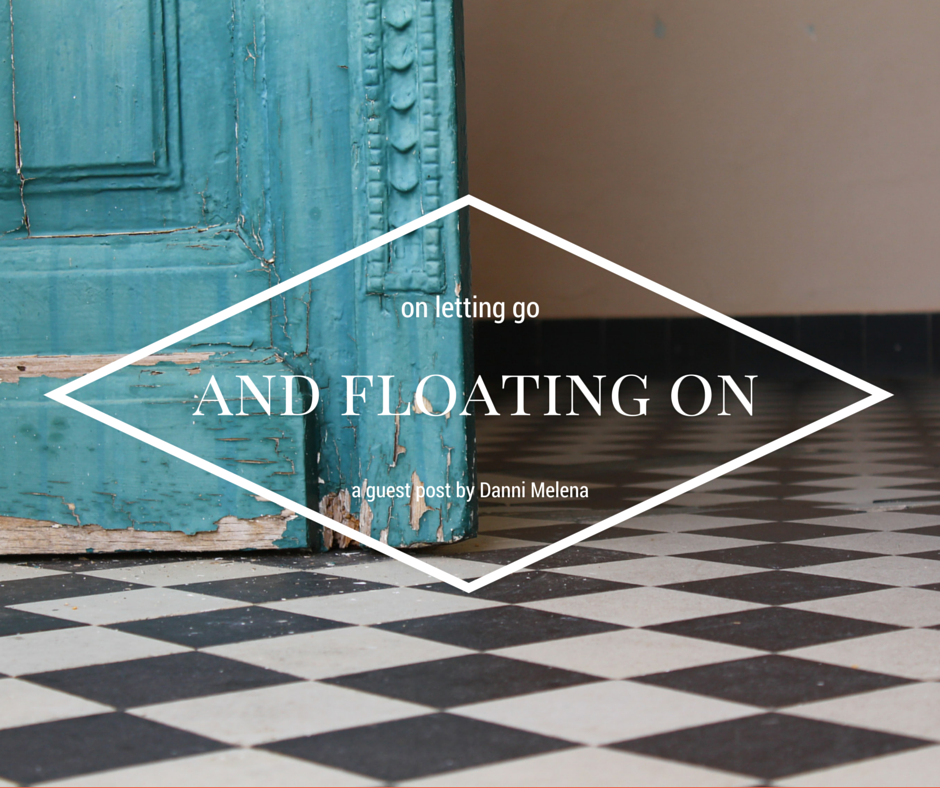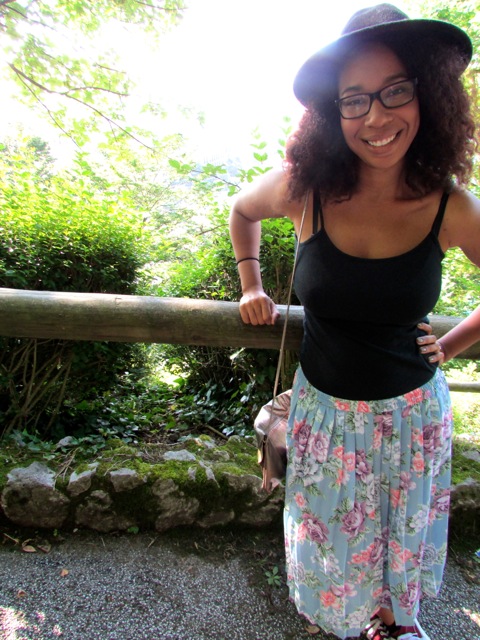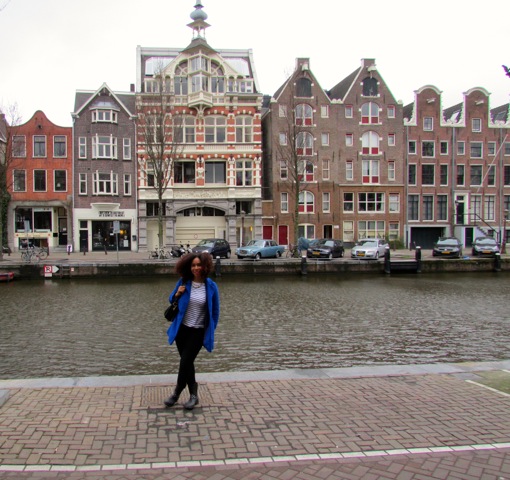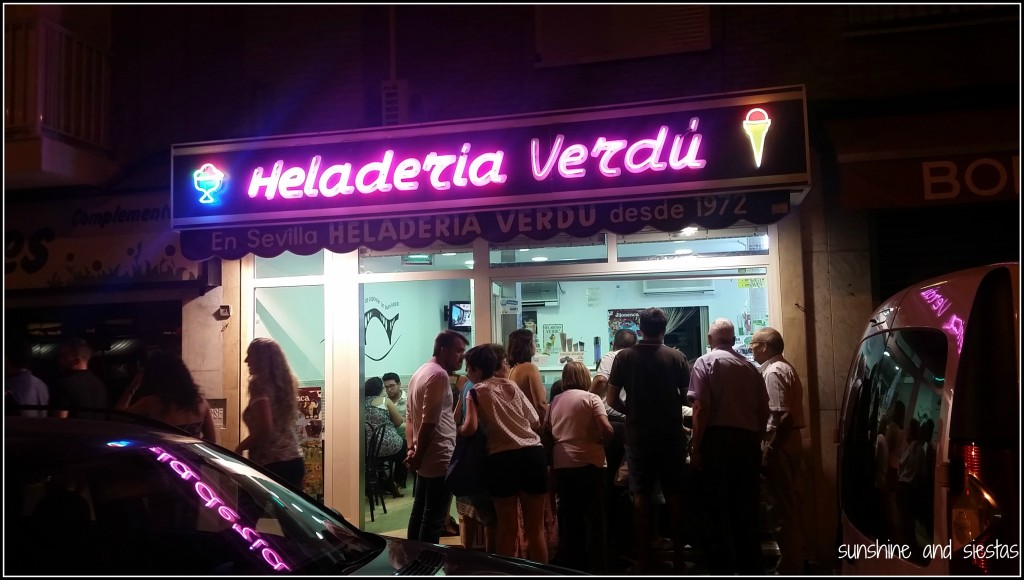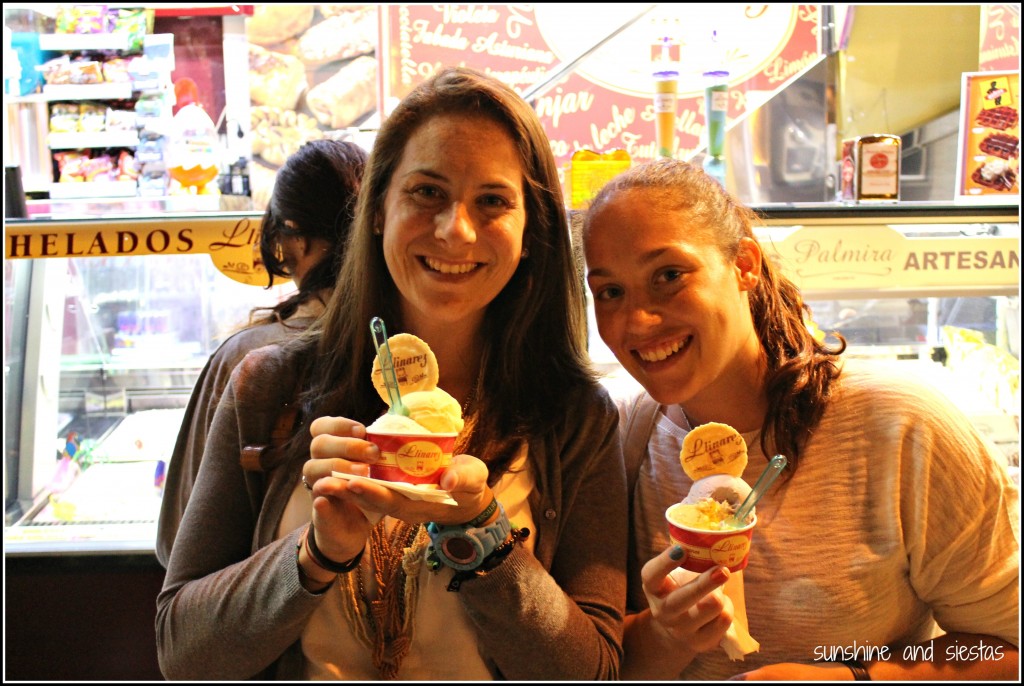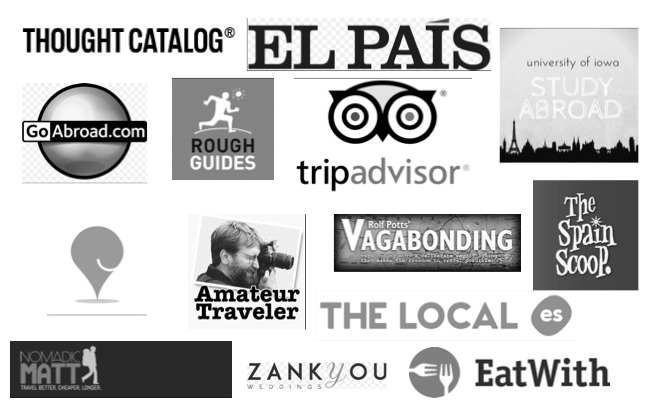If you’re planning to move to a new country like Spain where healthcare isn’t free for or guaranteed for all, it’s important to understand that travel insurance isn’t going to protect you if you fall ill. These policies are cheap for a reason – they cover things like lost suitcases and are only for return trips, explain the independent health insurance brokers at Medibroker.
Buying expat health cover is one of the most important, and most complicated, things you need to do before relocating abroad. Nobody is invincible, and medical bills for even routine operations can land expats in hot water if they don’t have the right insurance.
Spain’s two-tier healthcare system includes both private and public doctors. If you’re working with a social security plan, you’ll be entered into the public Social Security; if you’re on a long-stay visa or self-employed, you’ll be required to get private health insurance. Several big companies exist, but not all plans are created the same.
Medical insurance is a confusing product – it’s something you have in reserve and it’s not tangible, so you have to shop around. Plans offer varying levels of cover and there’s a multitude of add-ons and jargon to wrap your head around.
When it comes to something as important as your health and finances; you can’t afford to buy a plan that isn’t right for your specific needs.
Maybe you think you’re healthy, but that doesn’t matter – nobody is too careful or too healthy to need good medical insurance. Accidents happen, and they have an annoying way of popping up when you haven’t planned for them.
Things to consider when buying expat medical cover
Your health
If you already have a health issue, getting cover is going to be more complicated. Pesky pre-existing conditions affect your choices when it comes to buying insurance, so it’s useful to ask an expert which of the 100s of plans on the market will be flexible enough to accommodate you.
Do you need a global plan?
It’s often tempting to save money by buying a local health plan. However, you should think carefully about this so-called ‘saving’. Local cover in Spain only pays out for medical treatment received within the country and access to some hospitals is restricted. There’s also a level of risk attached to buying a foreign language policy – the small print may not translate.
An international plan means you’re covered wherever you go, meaning it’s a lot more comprehensive. It’s increasingly important for Brits living abroad to get international health insurance because changes to NHS rules in the UK means they may no longer be entitled to free healthcare when they return home.
Visa Regulations
It’s important to research the specific country’s rules regarding health insurance requirements for expatriates. How can you be sure that a medical plan you’ve selected is compliant? Speak to an insurance professional and be sure to add repatriation to the plan – it’s required for visas issued from outside the EU for Spain.
Budget
Your budget for health insurance will affect the level of cover you purchase. Plans from UK-based insurers are designed to control costs by limiting geographic cover. An excess or deductible will reduce your premiums, though the higher the excess the more you may have to pay when you come to claim.
Health Insurance is a complex, expensive product because plans try to meet your needs.
The level of cover you need will depend on your individual circumstances. Even if your employer provides you with cover, you should always question its suitability. Your age, health and future plans are all factors to take into consideration and you will also have to think about whether you will need add-ons like maternity or dental cover.
You’re a person, not a category, so a comparison site can’t fully assess your requirements. Understandably, insurance providers are only going to recommend their own plans – even if there’s a better one on the market.
About the author: Medibroker can guide you through choosing a health insurance plan for your time in Spain. A personal advisor calls you to chat about your needs then recommends a plan tailored to you. It’s a completely impartial, 100% free service, regulated in the UK by the FCA.
